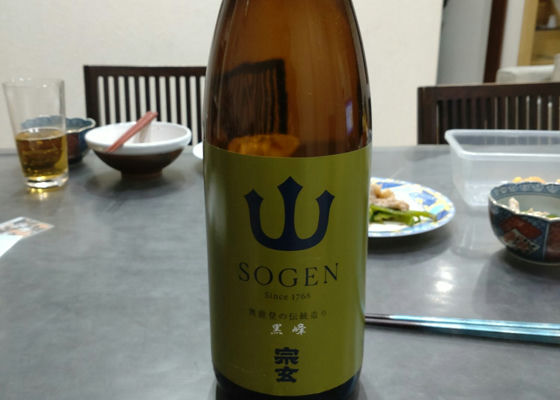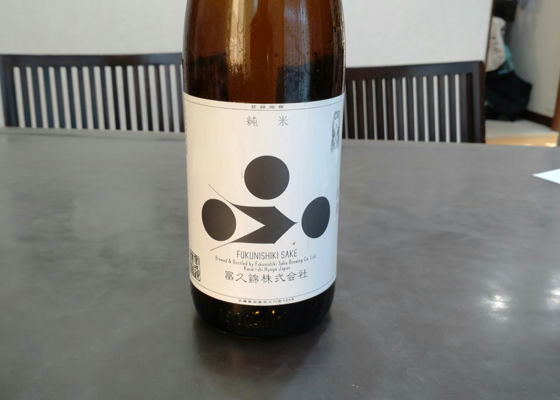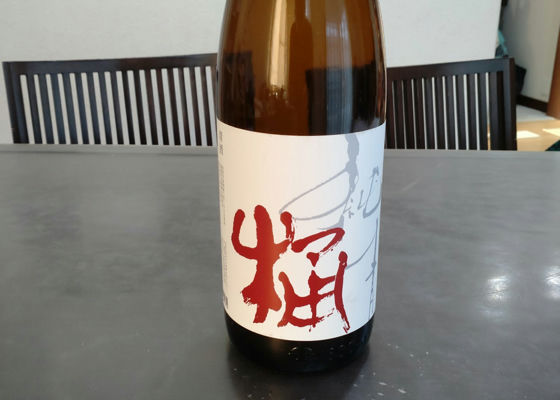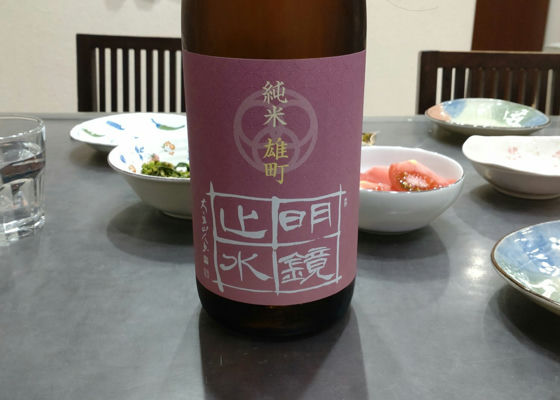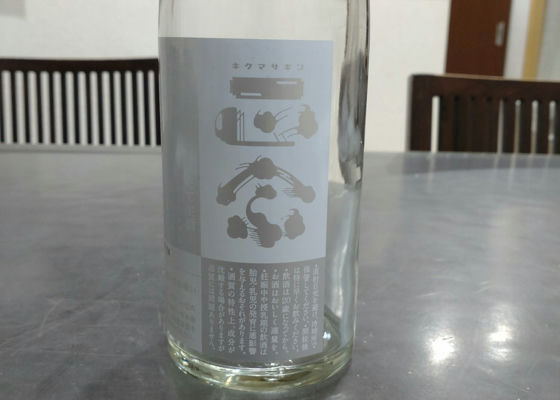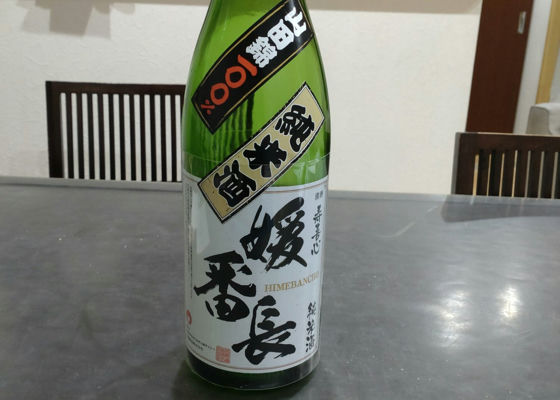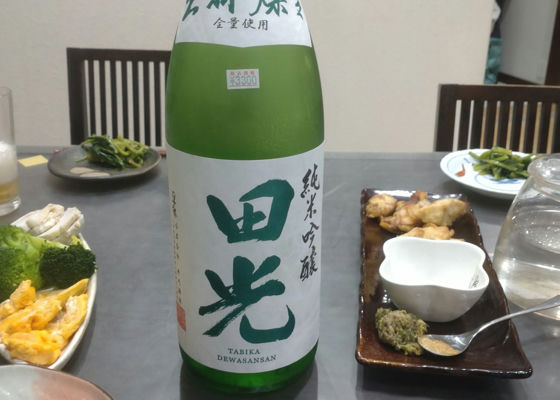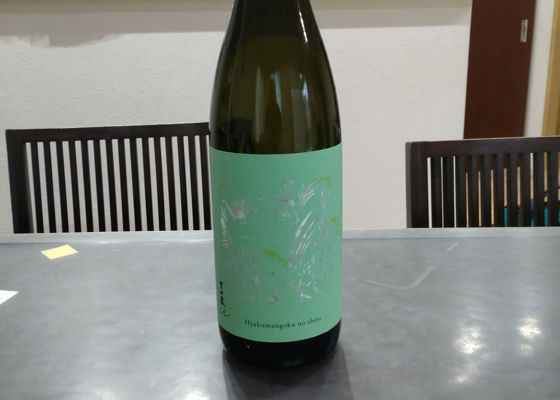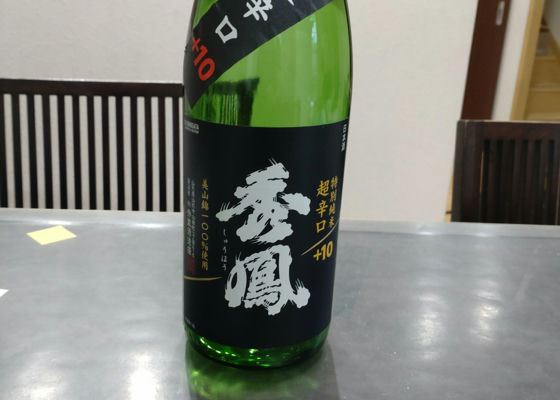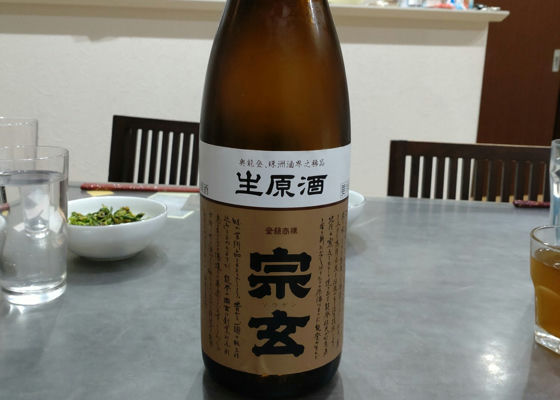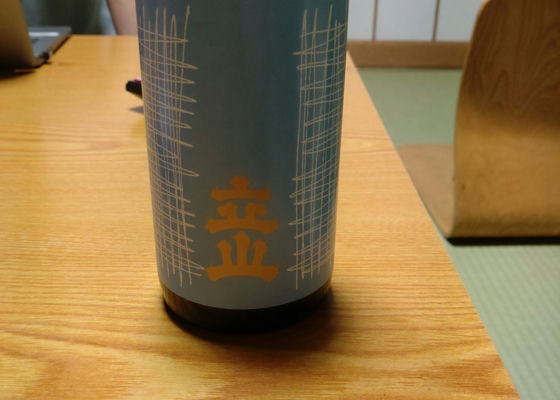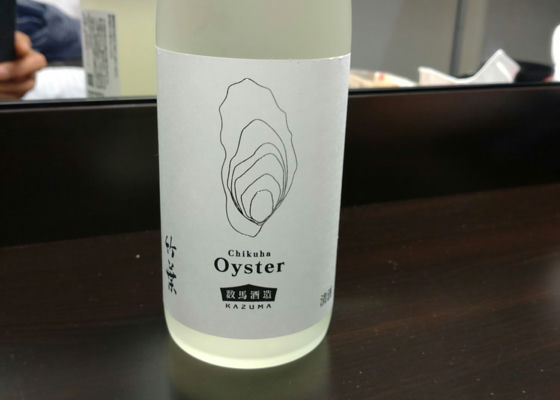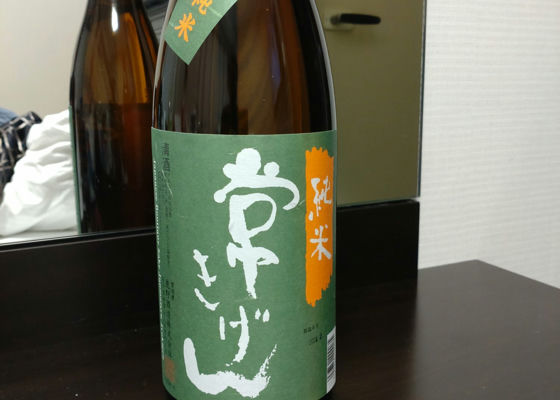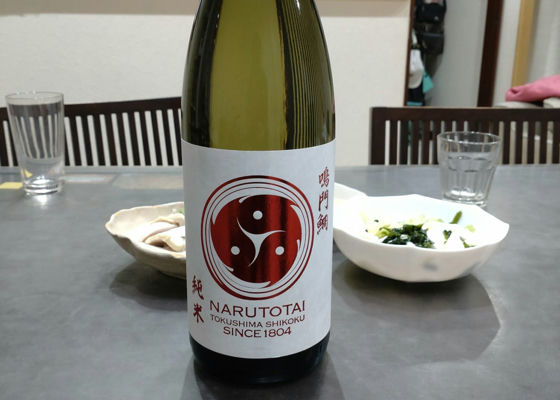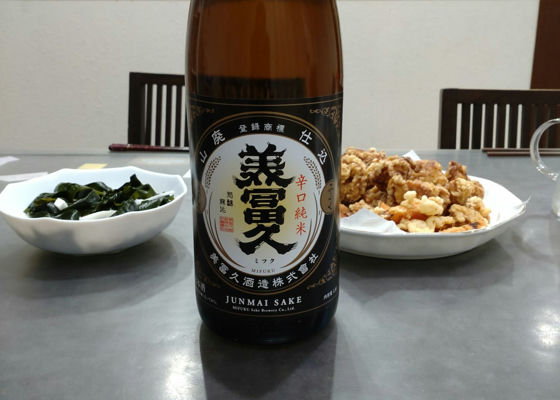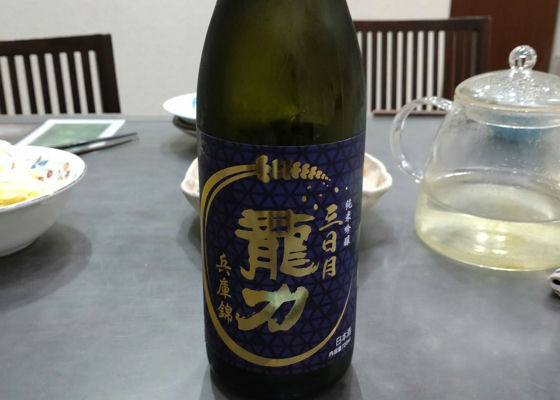hatahata
This is a regular sake from Hokosugi.
I had previously had a junmai sake from the same brewery, so I was sure before drinking it that it would be my kind of sake, but it turned out to be just right.
Colorless in terms of color, but with a matured flavor that is perfect for warming up.
This is a normal sake. I envy people in the southern part of Mie Prefecture who can buy this sake anytime.
Japanese>English
